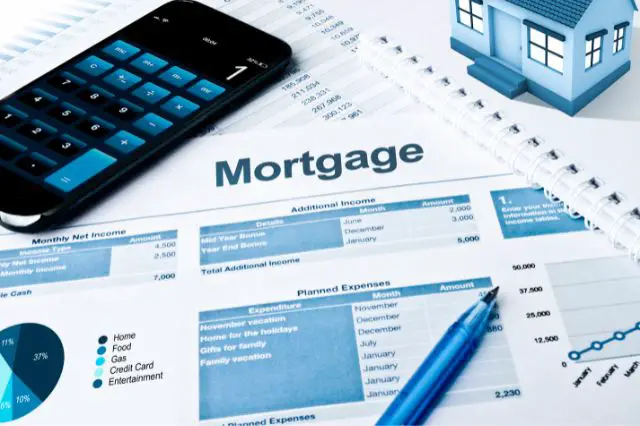When securing a mortgage loan, one of the most crucial decisions is choosing the right interest rate. The mortgage loan interest rate can significantly impact your loan’s overall cost and monthly financial obligations. As such, understanding the different types of interest rates available is key to making an informed decision. So, here is what you need to know:
Fixed Interest – Stability and Predictability
A fixed interest remains unchanged throughout the duration of your mortgage. It offers security, as your monthly payments are predictable, facilitating easier budgeting. This consistency especially appeals to long-term homeowners who prefer stability over potential future savings.
Variable Interest – Flexibility with Market Conditions
In contrast, variable interest adjusts with market trends, which can start off lower than fixed interests but has the potential to increase or decrease over time. This option fits those comfortable with some uncertainty in their financial planning and can accommodate potential changes in their monthly outgoings.
Hybrid Interest – A Blend of Fixed and Variable
This combines elements of both fixed and variable. They typically begin with a fixed period, followed by a variable phase. This type can be advantageous for individuals who may plan to sell or refinance their property in the future, offering initial stability and later flexibility.
Factors Influencing Your Decision
Your choice depends on multiple factors, like:
Market Trends and Economic Climate: Understanding the current and projected state of the economy can guide your decision. Fixed interests might be preferable in a rising market trend, offering protection against future increases.
Financial Stability and Income Predictability: If your income is stable and can withstand fluctuations, a variable rate might be a fitting choice, potentially leading to savings over time.
Loan Duration and Future Plans: The length of time you plan to keep the mortgage should influence your decision. Shorter loan durations might benefit more from variable interests, while longer commitments may align better with fixed rates.
Risk Appetite: Your comfort with financial risk is crucial. Fixed interests provide a safeguard against market instability, whereas variable rates require a tolerance for unpredictability.
Peculiarities
Each interest type comes with its own set of peculiarities, such as:
Fixed Rates: These offer the peace of mind of knowing exactly what your payments will be, making them ideal for those on fixed incomes or with a low-risk appetite. However, they might be initially higher than variable interests and lack the potential for reduction in a declining market.
Variable Rates: Often starting lower than fixed options, they offer the possibility of decreased payments in favourable market conditions. However, this comes with the uncertainty of potential increases, which can strain your finances.
Long-Term Financial Goals
Your long-term financial objectives and housing plans are pivotal in deciding between fixed and variable rates. A fixed rate may be more suitable for a permanent residence, offering stability for those looking to settle long-term.
Conversely, a variable or hybrid rate could be more beneficial for those with plans to move or refinance, providing initial savings with the flexibility to adapt to changing financial situations in the future. Ultimately, aligning your mortgage rate with your future aspirations and financial plans is a strategic move that can lead to substantial benefits over time.
Conclusion
The ideal mortgage loan interest rate hinges on your personal financial situation, market conditions, and long-term objectives. Whether opting for a fixed, variable, or hybrid rate, aligning your choice with your financial goals and risk tolerance is essential.
Thorough research and understanding of each option will aid in making an informed decision that meets your financial needs and aligns with your lifestyle aspirations.
Ultimately, the best mortgage interest is not merely about the lowest figure; it’s about striking a balance that offers financial security, potential savings, and peace of mind.
